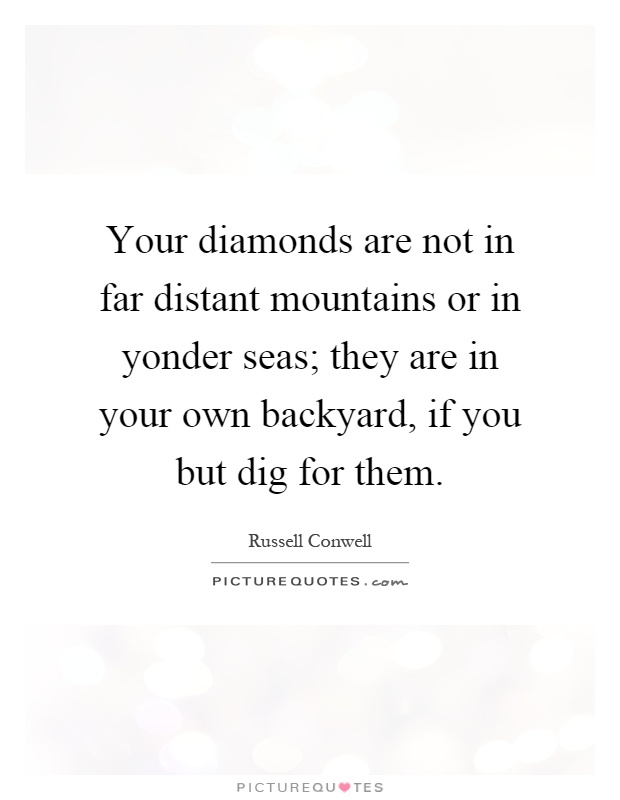
In this entry, I want to delineate between Conscious/Stakeholder Capitalism (which I believe in) and Woke Capitalism (which I don’t). As an ideology, wokeism tends to contaminate our understanding of the social systems that we are a part of, and seeks to break apart the structures that are said to be oppressive or inequitable to those labelled as ‘disadvantaged groups’ within society. With one of the central features of capitalism appearing to be the unequal distribution of wealth that accrues to capitalists at the expense of the working class, this is seen by those who advocate for this woke philosophy as justification for the demonization of that system as being inferior to socialism, despite its idealised version never having worked historically to bring about the utopia that it promises. But caught in this cross-fire has been a new paradigm for business, very close to my heart, that I feel has been bastardised by these ideologues, and had its utility delegitimised in the eyes of those who conflate the two as advocating for the same things.
Before I turn my attention to outlining the hollow tenets of woke capitalism, I want to set the stage for understanding what conscious/stakeholder capitalism is, and how it builds upon the premise and promise of the capitalist system. Conscious capitalism holds that for individuals, organisations and businesses to thrive there must be more orienting their activity than just the profit motive. Sitting at the centre of that motivational/inspirational system must be a deeper purpose, or reason for being, that justifies their existence in the economy and community as an instrument for making both spheres function better. If you think about it, business is all about service and adding value to the lives of those who a business serves, or else why would any customer come to a business and part with their money? For what purpose? So there must be something that they are offering which improves the lived experience of those whom they serve. This is the foundation.
Around this guiding purpose are evolved leaders who embody the depth of character to enact the spiritual virtues that undergird the movement. These leaders play a pivotal part in proliferating these virtues in their organisations to create a conscious culture. They do this by tapping into the vocational alignment that their people have for the orienting purpose, and empower/equip them to do their best work in service of that mission. The other key component of the model are stakeholders who the organisation works with to do what it does. These stakeholders of course include staff and customers, but also integrate suppliers, shareholders, governmental bodies, competitors in the market and the community more broadly. The idea here is that a thriving ecosystem enriches the condition of all entities within it, and as each prosper, they all prosper. This also explains why conscious capitalism is otherwise referred to as stakeholder capitalism.
On this last point, this is where this win-win-win paradigm distinguishes conscious capitalism from traditional capitalism. In stating his formative ideas of modern capitalism, one of the most foremost economics thinkers, Milton Friedman, posited that the primary obligation that a company has is to its shareholders, and whatever decisions serve the best interests of this constituency then that is the course of action that a company’s directors should take. The problem with this very myopic view is that when it is put into practice, it gives rise to very perverse incentive structures and behaviours that profit a select group of stakeholders at the expense of the many others. It also prioritises a short term perspective of doing business where you try to get what you can now without regard to what the externalities or longer terms consequences to those other people involved in the organisation may be. ‘Greed is good’ said ruthless Wall Street character Gordon Gekko, and whatever are the means to acquire that end wealth is justified as a necessary sacrifice for that monetary acquisition. This however is simply not sustainable, and if every individual acted this way, then there would not be enough resources to go around and ensure the basic living standards of the most vulnerable members of society. As is usually the case in periods of dearth and economic contraction, those at the bottom of the pyramid are hit hardest, and if these individuals are backed into a corner of desperation, not even the strongest gates of steel that money can buy will protect their owners from the retributive urges of the mob at the gate that are intent on reclaiming at least part of what they feel justly entitled to as contributing members of society.
None of this is to say that making money or profits are inherently bad either as conscious capitalism recognises this as absolutely necessary to have a thriving and sustainable enterprise that can continue to enrich the lives of its customers and ensure the livelihood of those who work within it. It is just that this money making is not the primary motivation for why they do what they do. Being subjugated to the primacy of purpose, there is an unwavering trust from the leaders of these conscious enterprises that these profits will come if that purpose is pursued wholeheartedly and the quality of service rendered is reflective of the collective commitment to it. The metaphor that I love with this is that of food and drink for the body as being symbolic of profits that an entity/body clearly needs in order to survive. But the reason for being of the person who inhabits the body is not to eat and drink (it is to enact a socially meaningful and fulfilling vocational purpose), and if they deny this reality and hedonistically indulge these physical urges then they will cause the organism to become diseased over time. Such disease could be seen in the global financial crisis of 2008, the corporate collapse of companies like Enron and WorldCom in the early 2000’s, and the Royal Commission into the Australian Banking sector in 2019.



